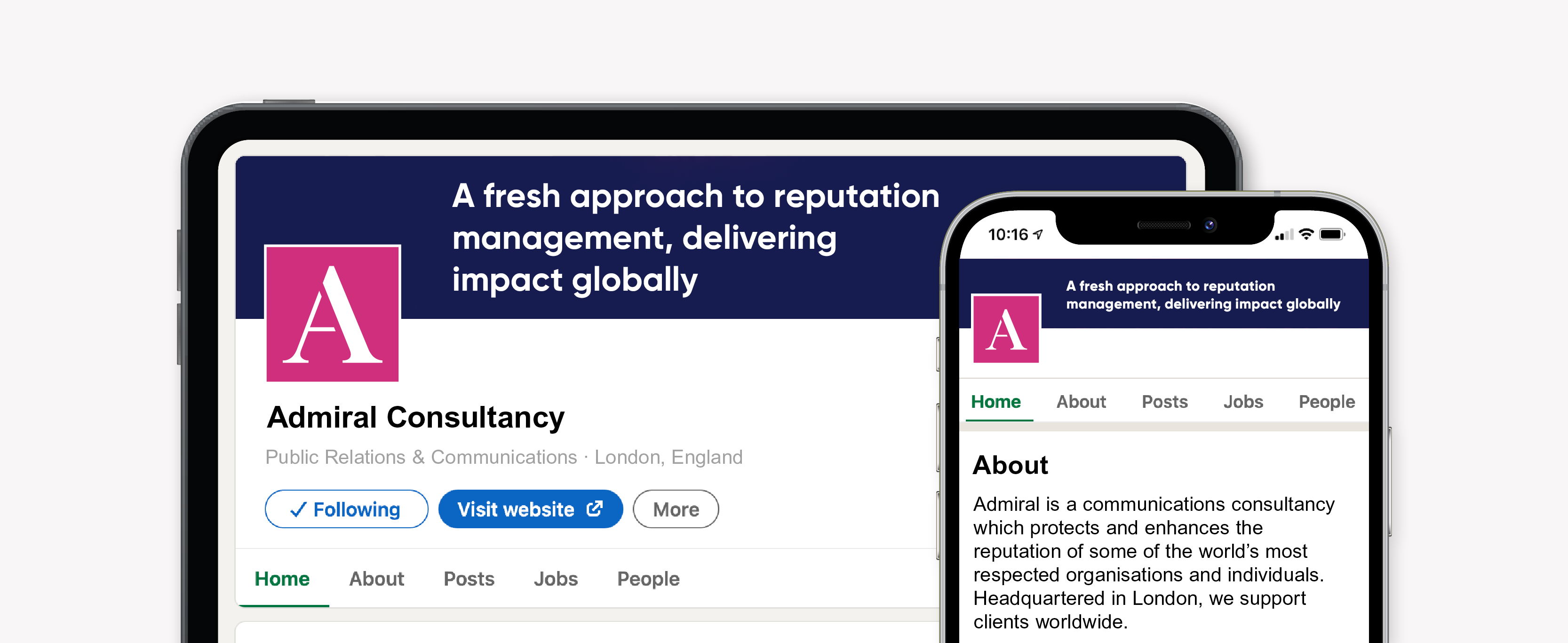
David Cameron and David Willetts have one; George Osborne and Ed Miliband don’t. TV presenter and scientist Lord Winston says he wouldn’t employ someone with one because it indicates a narrow approach to life. But what does a first class degree really say about a person? Not as much as you might think, according to recent statistics.
Data published by the Higher Education Statistics Agency official figures shows that 61,600 students – more than one-in-six – left university last year with a first class degree. This is a sixteen per cent increase in just twelve months and the number of firsts has tripled in thirteen years.
At the same time, a record two-thirds of students gained at least a 2:1 degree, which was at one time considered the mark of the academically gifted. It leaves just 18 per cent achieving those now rare things: Desmond Tutus (2:2s) and Thora Hirds (thirds); they must feel part of a very exclusive club indeed.
Not surprisingly, perhaps, the Association of Graduate Recruiters has raised concerns over university “grade inflation” and Carl Gilleard, AGR chief executive, says, “Degree classification has been described recently as a very blunt instrument.”
The Higher Education Achievement Report (HEAR) is now being piloted and a point score, on a scale between 4.25 and 0, will accompany the degree classification. In this way it will be possible for employers to see the difference between a first class 4.25 candidate and a first class 3.75 one. What they do with that information is open to debate but all graduates are expected to be issued with HEAR scores within two years.
At Admiral we are all in favour of precise figures as opposed to grades which can mean anything from ‘pretty good’ to ‘not bad’. When we launched our SociaLIGHT Index last year, it was to ascribe a social media score to the top performing businesses in a region. We knew from conversations with clients that comparing their social media performance to that of others, particularly competitors, provided valuable insight.
In academic terms, if a company’s social media result were rated simply as a first or a second, it would be difficult to see its comparative strengths and weaknesses, or the evolution of the social media strategy over time. A score of 86 or 22 (out of 100) tells you a lot more, especially if the score is broken down, in detail, between the various platforms.
Those scoring at the lower end of the scale, the third class degrees in social media terms should not be deterred, however. Thirds did not hold back Stanley Baldwin, David Dimbleby or so-called ‘mathematical genius’ Carol Vorderman. Unlike an academic degree, the SociaLIGHT score is not a one-off evaluation, but one that will be revisited. It not only benchmarks where you are now, but also points the way to where you could go.
